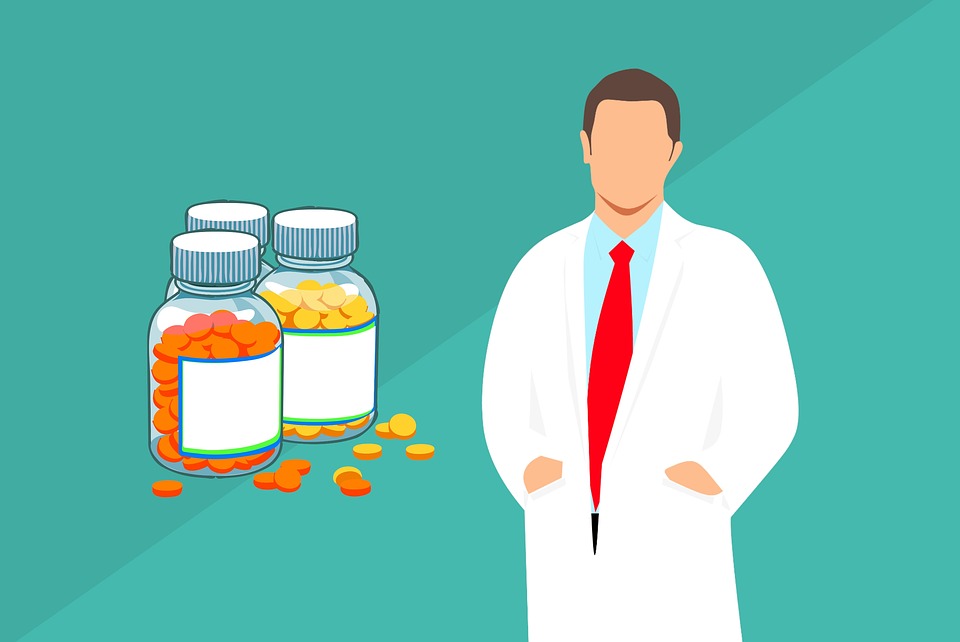How to Improve Your Pharmacy Operations With Compliance Programs

Index Of The Blog
Improve Your Pharmacy Operations
Compliance programs are not new. Yet, over time, these programs have evolved to better reflect changes in the pharmaceutical industry. For example, the Deficit Reduction Act of 2005 impacted the healthcare industry tremendously. This Act requires any Medicaid provider receiving five million dollars or more annually to have an effective compliance program. Improve Your Pharmacy Operations. Now, many states have implemented similar compliance programs.
In the years since, regulations on both the federal and state level have made compliance programs mandatory for a full range of companies, including:
- Nonprofits
- Federal Contractors
- Medicare Advantage and Part D Plans
- Accountable Care Organizations
What Are the Main Elements of an Effective Compliance Program?
Compliance programs ensure that healthcare entities maintain specific standards. These programs also help the public by mandating that healthcare organizations are:
- Following all applicable laws and regulations
- Meeting ethical and professional standards
- Preventing fraud and abuse
- Detecting compliance issues earlier
- Promptly correcting issues when they arise
- Creating a culture of compliance behavior among all employees
- Building employee trust
Every solid compliance program has three main elements:
- Prevention. Many issues can be stopped before they even start. Prevention includes writing policies and codes of conduct. It also includes providing training and education for employees.
- Detection. Every compliance program must have the tools to detect issues when they arise. This includes encouraging internal reporting, as well as monitoring and auditing business practices. It also includes creating a culture of non-intimidation so that employees feel safe reporting abuse or fraud.
- Correction. Compliance programs must follow through and correct issues swiftly whenever they arise. This includes investigating reports and implementing disciplinary policies.
How Do I Develop a Successful Compliance-Driven Pharmacy Operation?
Building a successful compliance-driven pharmacy operation is not easy. It starts at the highest levels of the organization. Commitment to compliance is ultimately the key to a successful operation.
To ensure that your compliance program is effective, you must:
- Develop a culture of accountability that starts at the top
- Hire credible compliance officers
- Give the compliance officers adequate resources
- Require everyone to report any concerns
- Build compliance into all operations, including internal auditing
- Use predictive modeling techniques in high-risk areas
- Address all complaints
- Continually evaluate the program
- Have meticulous documentation
Failure to implement an effective compliance-driven pharmacy operation could be costly. Noncompliance may result in costly investigations and litigation. It may also result in expensive payments, massive fines and penalties. In addition, pharmacies and healthcare institutes could face bad publicity and operational restrictions for any noncompliance. In worst-case scenarios, executives may even face jail time.
Contact CMPD Licensing Today
At CMPD Licensing, LLC, we provide guidance to pharmacies and pharmaceutical companies. This guidance includes help with implementing effective compliance-driven operations. If you are interested in becoming a CMPD licensee, then we would love to speak with you. Fill out our confidential contact form to find out more about this incredible opportunity.
Also Read: Best Local Pharmacy or Pharmacist













